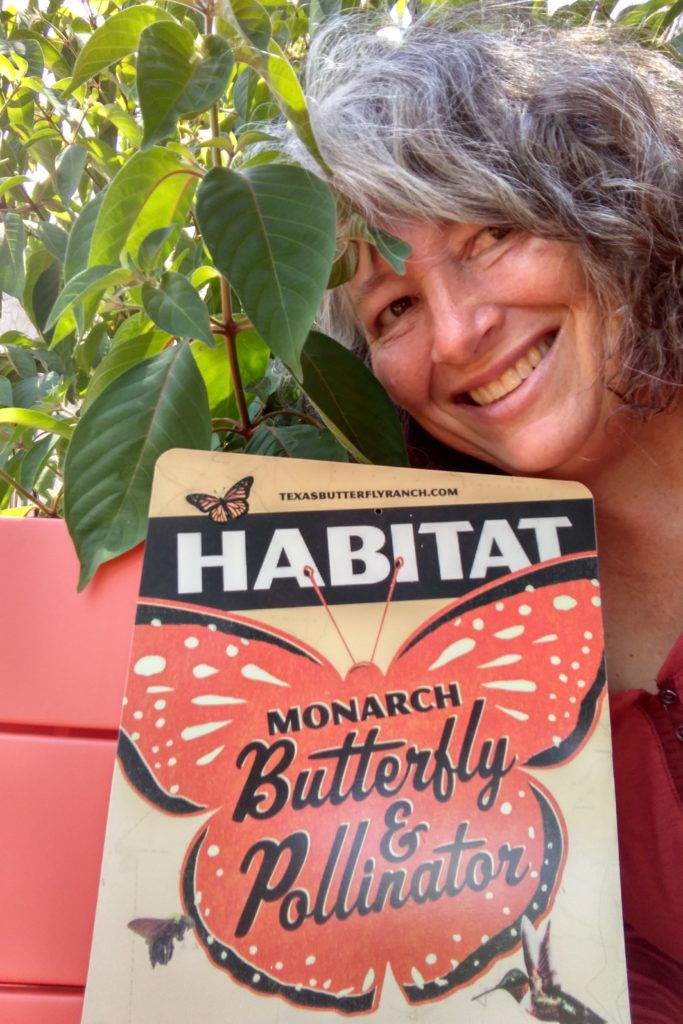
In 2023, the Texas Master Naturalist Program celebrated its 25th anniversary and 25 years of active, locally driven volunteers modeling conservation values and land ethics while sharing their knowledge with others through hands-on, boots on the ground action happening daily. Developed originally in 1997 with a group of conservation minded individuals from several state and local organizations in San Antonio, the Texas Master Naturalist Program credits its history to this group’s mission to put more hands on the land to build natural resource literacy and civic service. In 1998, the statewide program grew like wildfire with four chapters functioning and 150 volunteers working by the end of the year. As the saying goes, the rest is history.
See our 25th Anniversary Report
Click the link to open the report as a full screen flip book!
Or, download and share the PDF of the report!
In 2023, the Texas Master Naturalist Program celebrated a big anniversary: 25 years! Through the Virtual Volunteer Fair, Storytelling Project, Season of Thanks, and many more projects, we recognized our chapters, thanked our volunteers across the state, and continued to grow as Master Naturalists. Below is a sample of the Storytelling Project, where we asked our volunteers what it means to them to be a Master Naturalist.

AN ORDINARY DAY
It happened one fine spring day at Tenison Park Pollinator Garden in East Dallas. It was a scheduled volunteer day full of ordinary maintenance chores. I’m not sure how it started – innocently enough, I suppose. [Person] “A” arrived with a City of Dallas ‘Do Not Spray’ sign that she wanted to know if we should post, I heard [person] “M” say, “Well, I don’t know why we have to have signs in English AND Spanish. This is America! We speak English here.”
As manager of this garden, I was surprised and a bit worried about where this conversation might go. I knew right away that A’s feathers were ruffled but she replied in a calm, measured way, “I am a 20-year veteran educator of early childhood development. We’ve read many studies about dual-language students. Did you know that the vast majority of kids lose their native tongue in one generation?” Both parties were passionate about their views and though they may not have changed the other’s mind that day, they listened to what the other had to say. M even allowed that he would think about it all.
In a moment of clarity that I will consider a gift the rest of my life, I realized that these two people, with such strongly held and divergent views, would probably never have met to have this conversation in any other setting. And it occurred to me that as our pollinator garden does its steady job to heal and nourish the environment, perhaps it does the same to human souls. An ordinary day with an extraordinary legacy – the garden as common ground.
~Karen Albracht, North Texas Chapter
When I first heard the objectives of the new Master Naturalist Program, it sounded exactly like something I had been hoping to find. I had been trained as a Master Composter while living in Austin. A few months after moving to San Antonio, a truck driver ran a red light with my car in front of him. A year later, in fall 1997, I only knew that I would no longer coach soccer and that my physical injuries would not allow me to sleep for more than 30 minutes at a time. I wanted something that I COULD do and answered the call to train in [the Alamo Chapter] Class 2.
Class 1–the people who started the program with an initial training in spring 1997–were our constant mentors and sometimes instructors. They hovered nearby as those who had birthed the program and wanted to see the newborn thrive.
We were trained in a shed at Friedrich Wilderness Park, and the symbology of the location was not lost on us. Class 1 member Lottie Millsaps and other determined activists had met with local officials for over 20 years to convince them of the need to set aside and preserve some natural area before it was developed. Today, as one searches for the path to the park amidst commercial development along Interstate Highway 10, the prescience of the pioneering Master Naturalists in Texas is clear.
Class 2 was so cozy [in the shed] with the students and our Class 1 mentors around us, we could not go to the restroom without everyone standing up to clear a path. Naturally, leaving the crowded shed to continue training in the park made us appreciate the preserve even more. [Throughout training] Class 1 members remained close, continuing to work through the changes new parents face as their offspring grow.
~Rachel Cywinski, Álamo Area Chapter



